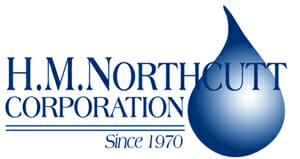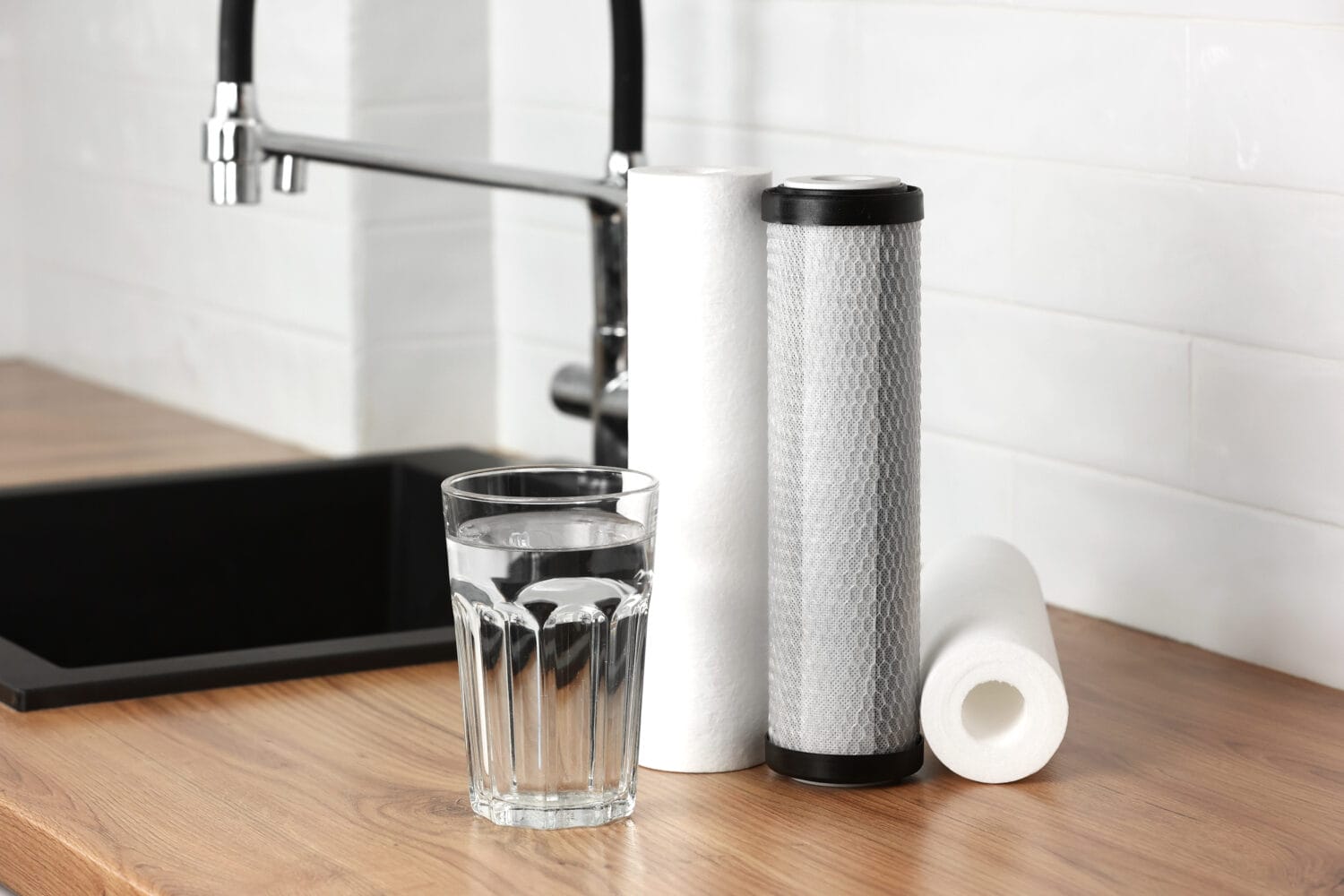| Key Takeaway: Reverse osmosis systems provide comprehensive filtration by removing a wide range of contaminants, making them ideal for those seeking high water quality. In contrast, refrigerator filters offer a simpler, cost-effective solution for improving taste and reducing chlorine odors. For comprehensive water treatment, reverse osmosis systems are generally the superior choice due to their ability to significantly reduce impurities. |
Water quality plays a significant role in our daily lives, impacting everything from the taste of our morning coffee to the longevity of our home appliances. Ensuring that the water we consume and use is clean and safe is essential for maintaining a healthy lifestyle. With various options available, choosing the right system can be challenging. Among the most popular choices for homes connected to city water are reverse osmosis systems and refrigerator filters. Each offers distinct benefits and drawbacks, making it important to understand their differences.
Reverse osmosis systems and refrigerator filters serve different purposes in enhancing water quality. While both aim to improve the water you drink, they differ in filtration power, maintenance needs, and long-term cost savings. Understanding these differences can help you make an informed decision about which system best suits your household needs.
In this article, we will explore the key areas of comparison between reverse osmosis vs fridge filter systems. By examining their filtration capabilities, maintenance requirements, and potential cost savings, you will gain a clearer picture of which option might enhance your home’s water quality the best. Consulting with a professional can also provide tailored advice to ensure you choose the right solution for your specific needs.
Filtration Power: A Detailed Comparison
Reverse osmosis systems are renowned for their ability to address a wide range of contaminants in water. These systems can drastically reduce impurities such as dissolved solids, chlorine, and certain heavy metals, making them a powerful choice for those concerned about water quality. They work by using a semi-permeable membrane that filters out contaminants, ensuring cleaner and safer drinking water.
In contrast, refrigerator filters primarily focus on reducing chlorine taste and odors. While they can improve the taste of your water, they may not effectively address other impurities like dissolved solids or heavy metals. This limitation means that while fridge filters can enhance the taste and odor of your water, they may not offer the same level of protection against contaminants as reverse osmosis systems.
Choosing between these two options often depends on your specific water quality concerns. Consulting a professional can help tailor a system to your needs, ensuring you get the most effective solution for your home. For those curious about how these systems can be customized, exploring resources like residential water treatment options can provide valuable insights into making the best choice for your household.
Maintenance: What You Need to Know
Maintaining your water filtration system is crucial for ensuring its optimal performance and longevity. Reverse osmosis systems require periodic membrane replacements to function effectively. These membranes are responsible for filtering out contaminants, and regular replacement ensures that they continue to perform at their best. Depending on usage and water quality, membranes typically need replacing every two to three years.
On the other hand, refrigerator filters demand more frequent changes, usually every six months. These filters work to improve taste and odor, but if not replaced regularly, they can become less effective over time. Regular maintenance is key to keeping both systems running smoothly and ensuring that your water remains clean and safe.
Understanding the maintenance needs of each system can help you plan accordingly and avoid potential issues down the line. For those interested in learning more about maintaining these systems in commercial settings, exploring resources on commercial water treatment can offer additional insights into keeping your filtration systems in top condition.
Reverse Osmosis vs. Refrigerator Filters: Key Facts
|
Cost Efficiency Over Time
When considering the cost efficiency of reverse osmosis vs fridge filter systems, it’s essential to evaluate both initial setup costs and ongoing expenses. Reverse osmosis systems may require a higher upfront investment due to their complex installation and the need for professional assistance. However, they often lead to long-term savings by reducing the need for bottled water and enhancing appliance efficiency. On the other hand, refrigerator filters typically have lower initial costs but may require more frequent replacements, potentially increasing long-term expenses.
Investing in a system that enhances appliance efficiency can lead to significant savings on energy bills over time. Reverse osmosis systems, known for their comprehensive filtration capabilities, can extend the lifespan of household appliances by reducing sediment buildup. This efficiency not only saves money but also contributes to a more sustainable household environment. By choosing the best water filter SC, homeowners can enjoy clean water while minimizing costs.
Ultimately, the choice between reverse osmosis and refrigerator filters depends on individual needs and budget considerations. While reverse osmosis may offer greater long-term savings, refrigerator filters provide a more affordable initial option. Consulting with a professional can provide valuable insights into which system aligns best with your financial goals and water quality needs.
Environmental Impact
The environmental impact of water filtration systems is an important consideration for eco-conscious homeowners. Reverse osmosis systems can significantly reduce reliance on bottled water, thereby decreasing plastic waste. This reduction in plastic usage contributes to a healthier planet and aligns with sustainable living practices. Refrigerator filters also help reduce plastic waste, but their impact may be less pronounced due to their limited filtration capabilities.
Choosing the right system can make a positive environmental impact by reducing the carbon footprint associated with bottled water production and transportation. By opting for a filtration system that aligns with your environmental values, you can contribute to a more sustainable future. For those interested in learning more about sustainable water solutions, exploring options like municipal water treatment can provide additional insights.
Ultimately, both reverse osmosis and refrigerator filters offer environmental benefits, but the extent of their impact varies. Homeowners should consider their environmental priorities when selecting a system, ensuring that their choice supports both personal and planetary health.
Ease of Installation
Installation ease is a crucial factor when deciding between reverse osmosis vs fridge filter systems. Reverse osmosis systems typically require more technical setup due to their complex components and need for professional installation. This complexity ensures optimal performance but may pose challenges for those seeking a straightforward installation process.
Refrigerator filters, in contrast, offer a simpler installation experience. They generally involve straightforward steps that most homeowners can manage without professional assistance. This ease of installation makes them an attractive option for those looking for convenience and minimal disruption during setup.
Proper sizing and selection are vital for effective operation of any water filtration system. Ensuring that your chosen system meets your household’s specific needs can prevent issues and enhance performance. For guidance on selecting and installing the right system, reach out expert professional to provide valuable support.
User Satisfaction and Enjoyability
Improved water quality can significantly enhance user satisfaction and enjoyability in daily life. Reverse osmosis systems often provide superior taste and odor reduction, leading to a more enjoyable drinking experience. This enhancement in water quality can make everyday hydration more pleasant and encourage healthier drinking habits.
Refrigerator filters also improve taste by reducing chlorine odors, though their impact may not be as comprehensive as reverse osmosis systems. Nonetheless, they offer a convenient solution for those prioritizing ease of use and installation. When considering drinking water filters, it’s important to weigh personal preferences and water usage habits to find the best fit for your home.
Ultimately, user satisfaction depends on individual needs and expectations. By evaluating personal preferences and considering how each system aligns with your lifestyle, you can make an informed decision that enhances your home’s water quality and enjoyability.
Reverse Osmosis vs. Refrigerator Filters FAQs
How often do I need to replace my RO system filter?
Can I install these systems myself?
Do RO systems remove beneficial minerals?
Are there any health concerns with either system?
Which system is better for removing chlorine taste and odor?
What are the environmental impacts of these systems?
How does maintenance differ between the two systems?
Choosing the Right Solution for Your Home
When it comes to enhancing your home’s water quality, both reverse osmosis systems and refrigerator filters offer unique benefits. Reverse osmosis systems stand out for their ability to drastically reduce a wide range of contaminants, making them a strong choice for those seeking comprehensive water treatment. On the other hand, refrigerator filters provide a simpler solution for reducing chlorine taste and odor, offering convenience for everyday use. Each system has its own set of maintenance and cost implications that should be carefully considered. Factors such as filtration power, ease of installation, and long-term cost efficiency play crucial roles in determining the right fit for your household.
It’s important to remember that no one-size-fits-all solution exists in water treatment. Each household has unique needs based on water quality and personal preferences. Consulting with experts can provide tailored advice, ensuring you have all the information needed to make the best choice for your home. Whether you lean towards the thorough purification of a reverse osmosis system or the straightforward convenience of a refrigerator filter, understanding your specific requirements is key. For those interested in exploring more options, consider booking a free consultation to gain deeper insights into what system aligns best with your lifestyle.
Choosing the Right Water Solution for Your Home
Choosing the right water treatment solution is a significant step towards healthier living. With numerous options available, assessing your priorities in water quality improvement is essential. Consider factors such as the level of contaminants present in your water, the maintenance you are willing to undertake, and your budget. By understanding these aspects, you can make an informed decision that enhances your home’s water quality effectively.
For personalized guidance and support, reaching out to professionals can be invaluable. Experts can provide insights tailored to your specific needs, helping you navigate the complexities of water treatment systems. To ensure you make the best decision for your home, consider scheduling a free consultation today. This step can provide you with the clarity and confidence needed to choose the right system, ensuring your family enjoys cleaner, better-tasting water every day.

